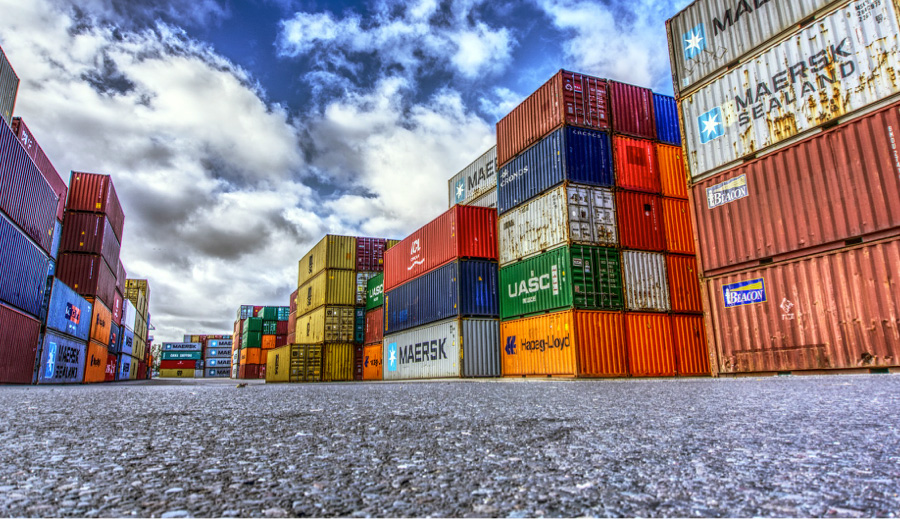Container trucking is a significant aspect of international trade in the 21st century. Many international trade agreements, such as the North American Free Trade Agreement (NAFTA), are based on the principle that there should be a mechanism for regulating trade in containers. It is necessary to ensure that the container shipping industry is regulated to enable it to be fair and equitable.
Container Shipping Companies
An internationally recognized system for the regulation of shipping container shipping rates is already developing towards implementation. It involves the industry collectively setting the rates of the container shipping industry, which should be equitable and protective of both container trucking companies and container shipping companies. As a result, the shipping rates should be mostly transparent, and they should also be flexible enough to cater for future increases in the rate of trade.
Container Shipping Rates
However, the rates of shipping container shipping rates still vary from one country to another, so what should we do about this? Because shipping container trucking rates should be mostly transparent, one may ask what can we do to ensure fairness between container shipping companies and container trucking companies.
Regulatory bodies such as the International Chamber of Shipping (ICS) have been effective in drawing up shipping rates for international shipping. The International Maritime Organization (IMO) is a case in point. Both these bodies impose binding requirements on shipping container shipping companies. But, because of the specific concerns of different shipping container shipping companies in respect of tariff allocation, it is often tricky for shipping container shipping companies to agree on this matter.
One way that shipping container companies could agree is to work together. This compliance is known as the ‘regulatory council,’ which provides a forum for the interests of container shipping companies to voice their concerns.
So, what can this council do for shipping container companies? It has the power to decide upon several issues, such as how much the rate of each shipping container company should be, whether a standard rate should be applied and whether various tariffs should be relevant to different shipping container companies. The rate can also relate to each shipping container company’s service cost.
At present, the council can only make recommendations to the IMS regarding the above matters. If the ICS does not accept the proposals from the IMS, the ICS can refuse to provide information and make recommendations to the IMS regarding this matter. In this manner, it becomes essential for shipping container companies to rely on the ICS when they have questions about the shipping container shipping rates.
There are many instances in which shipping container companies have benefited from this kind of cooperation between them. The rate for shipping container rates provided by the ICS is lower than the freight rates that are currently charged by several shipping container shipping companies. However, if the two shipping container companies wish to claim that their shipping container rates are different from the rates provided by the ICS, they must submit a request to the ICS, and a proper investigation into the matter will then take place.
Another benefit of the ICS regulation is that it enables the shipping container companies to get discounts for the use of container trailers. What is crucial is that all shipping container companies operate under the same regulatory regime, and the regulatory body regulates all shipping container companies to ensure that the rates are fair and equitable.
Shipping Container Transport
The rates of shipping container transport rates cannot compare to shipping rates of similar products for other industries, for this reason. For instance, if a freight shipping company operates in Denmark and Norway, then it cannot have rates for Danish freight transportation rates.
Fair Shipping Container Quotes
To ensure that shipping container quotes are fair and equitable, the regulatory body for shipping container rates can conduct a study regarding the tariffs that are useful in other countries. This research will enable the regulatory body to consider what new changes or amendments should be ready to ensure that the rates of shipping container transport are fair and equitable.
This method is the best way in which shipping container shipping companies can help to ensure fair rates. When rates are somewhat regulated, there is no room for argument, and therefore, there is no need for a dispute.

